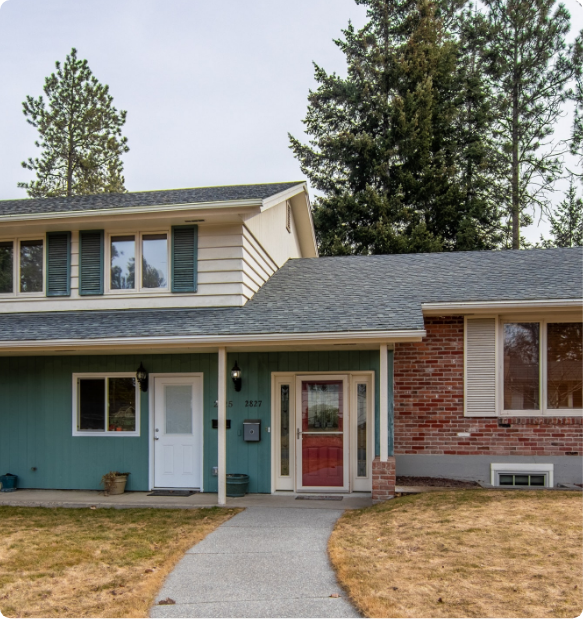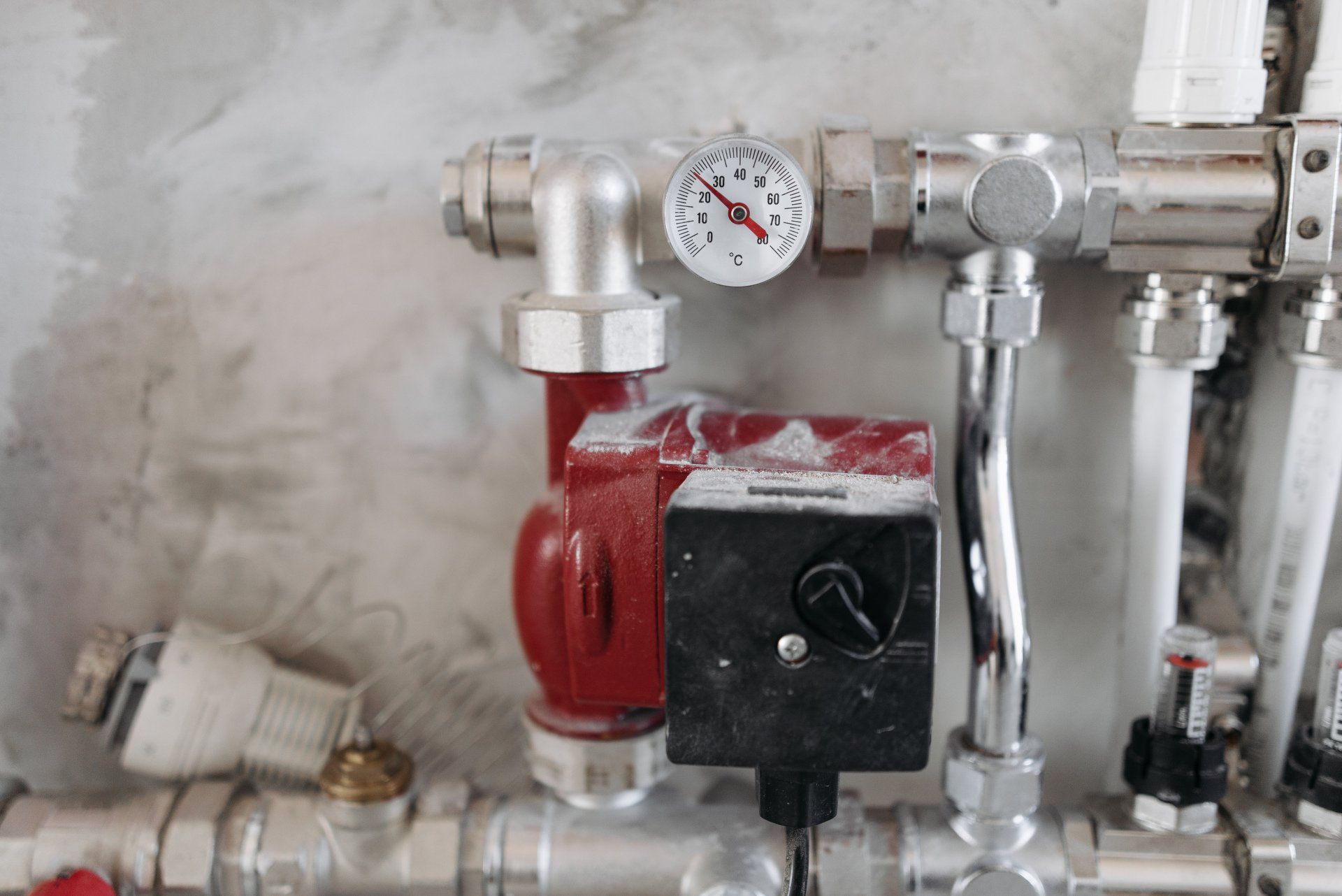residential plumbing services
Solar & Heat Pump Installation

Solar and heat pump installation refers to the process of setting up systems that utilize renewable energy sources—solar power and heat pumps—to generate heat, hot water, or electricity for residential and commercial purposes. These installations contribute to sustainable and energy-efficient practices, reducing reliance on traditional, non-renewable energy sources.
Here's an overview of both solar and heat pump installations:
Solar Installation: Photovoltaic (PV) Solar Panels: Photovoltaic solar panels are installed on rooftops or other suitable locations to capture sunlight. These panels convert solar energy into electricity, which can be used to power residential or commercial properties.
Solar Water Heating Systems: Solar water heating systems use sunlight to heat water for domestic use or space heating. These systems typically consist of solar collectors (panels), a heat transfer system, and a hot water storage tank.
Off-Grid Solar Installations: In off-grid solar installations, photovoltaic panels are combined with battery storage systems. This allows properties to operate independently of the electrical grid, storing excess energy generated during daylight hours for use during the night or in periods of low sunlight.
Grid-Tied Solar Systems: Grid-tied solar systems are connected to the electrical grid, allowing excess energy to be fed back into the grid for credit or compensation.
Heat Pump Installation
Air Source Heat Pumps: Air source heat pumps extract heat from the outdoor air and transfer it to provide heating or hot water indoors. Installation includes positioning the outdoor and indoor units, connecting refrigerant lines, and configuring the heat pump controls. Air source heat pumps are suitable for both heating and cooling applications.
Ground Source Heat Pumps (Geothermal): Ground source heat pumps use the relatively stable temperature of the ground to provide heating and cooling.
Hybrid Heat Pump Systems: Hybrid heat pump systems combine the features of traditional heating systems, such as gas or electric furnaces, with the efficiency of heat pumps. Installation includes integrating the heat pump unit with the existing heating system, configuring controls, and ensuring seamless operation for optimal efficiency.
Water Source Heat Pumps: Water source heat pumps extract heat from a water source, such as a lake or pond, to provide heating or cooling.
Solar and heat pump installations contribute to sustainable and environmentally friendly energy solutions, offering alternatives to traditional fossil fuel-based systems.

solar & heat pump installation FAQS
